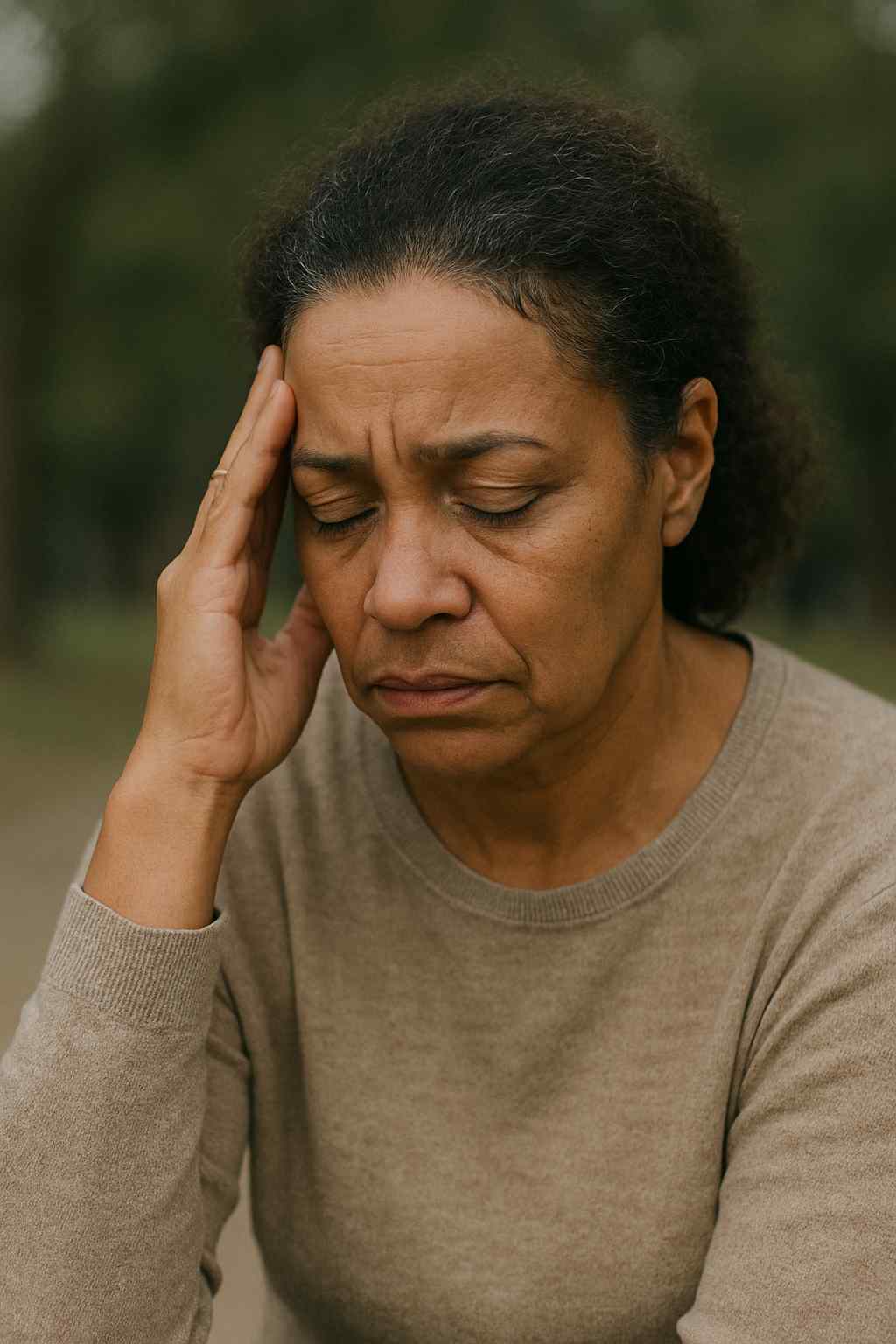Living with HIV involves more than physical health. For many, the emotional toll is just as significant. In 2025, depression remains one of the most common mental health conditions among people with HIV. So why does this connection exist, and how can it be addressed effectively?
Table of Contents
- Why HIV and Depression Are Linked
- Common Symptoms of Depression in HIV Patients
- Barriers to Mental Health Support
- Getting Help and Treatment Options
- Conclusion
- FAQ
Why HIV and Depression Are Linked
Depression can affect anyone, but people living with HIV face unique challenges that increase their risk. These include the emotional impact of diagnosis, fear of stigma, social isolation, and ongoing physical health concerns. Side effects of HIV medications may also play a role.
Biologically, HIV may affect brain chemistry and contribute to mood disorders. Combined with external stressors, this makes mental health support essential to overall care.
Common Symptoms of Depression in HIV Patients
Recognizing depression can be tricky, especially when symptoms overlap with HIV-related fatigue or medication side effects. Common signs include:
- Persistent sadness or hopelessness
- Loss of interest in daily activities
- Changes in appetite or sleep
- Difficulty concentrating
- Feelings of worthlessness or guilt
- Thoughts of self-harm or suicide
These symptoms should never be ignored. Seeking help early can prevent them from worsening.
Barriers to Mental Health Support
Despite awareness, many people with HIV don’t get the mental health care they need. Reasons may include:
- Stigma around both HIV and mental illness
- Lack of insurance or affordable services
- Cultural or language barriers
- Fear of judgment from providers
In 2025, teletherapy, community-based programs, and integrated care models are helping to close these gaps—but more work remains.
Getting Help and Treatment Options
Effective treatments for depression include therapy (like CBT), medication, or a combination of both. Social support, lifestyle changes, and peer groups can also make a big difference.
Many HIV clinics now offer on-site mental health professionals. If you’re feeling overwhelmed, don’t wait. Speak to your provider or visit Healthcare.pro for confidential mental health resources.
Conclusion
HIV and depression often go hand in hand, but that doesn’t mean either has to define your life. With the right care, you can manage both and lead a fulfilling, empowered life. Mental health is health—never ignore the signs.
FAQ
Is depression common in people with HIV?
Yes. Nearly half of people living with HIV experience symptoms of depression at some point.
What causes depression in HIV patients?
Stress, stigma, isolation, and the physical impact of HIV can all contribute to depression.
Can HIV treatment help improve mental health?
Yes. Effective HIV treatment improves overall health, which may ease emotional distress. Mental health care is still essential.
What are the signs of depression to watch for?
Persistent sadness, loss of interest, fatigue, appetite changes, and hopelessness are common indicators.
Where can I find help for depression?
Contact your HIV care provider or visit Healthcare.pro to find local and virtual support options.
This content is not medical advice. For any health issues, always consult a healthcare professional. In an emergency, call 911 or your local emergency services.




